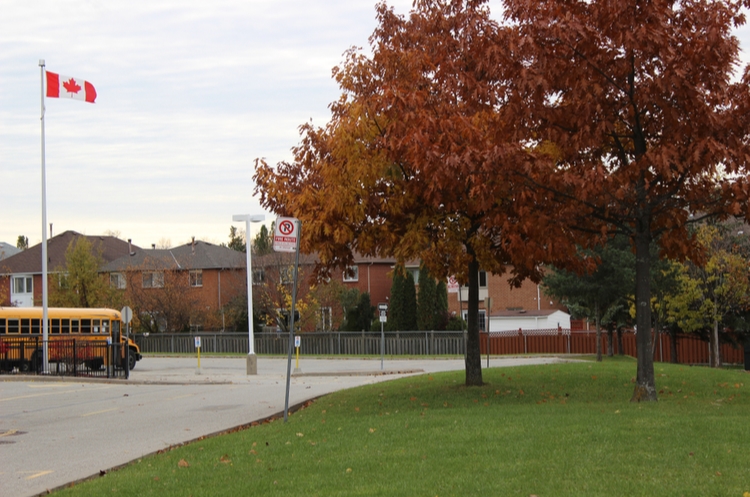Bill 108: The Province Introduces Ministerial Oversight in Advance of School Board Expropriation Approvals

Contained in the multitude of changes under Bill 108, the More Homes, More Choices Act, 2019, introduced for First Reading on May 2, 2019, is a seemingly small change to the Education Act that may have significant implications on the expropriation activities of school boards across the province.
Currently, a school board in Ontario has the power to expropriate a school site that is within its area of jurisdiction by virtue of authority granted in Section 195 of the Education Act.
An expropriation is the taking of property from a private citizen for the purposes of a public authority without the consent of the landowner. The Supreme Court of Canada has described the expropriation of property as “one of the ultimate exercises of governmental authority. To take all or part of a person’s property constitutes a severe loss and a very significant interference with a citizen’s private property rights.”1
The process to be followed by an expropriating authority and the rules governing the entitlement to compensation of a landowner are set out in the Expropriations Act. School boards in Ontario frequently use their powers of expropriation to acquire property for the purposes of school sites, particularly within the GTHA. A number of the leading decisions in the field of expropriation law in Ontario are as a result of school board expropriations.
Pursuant to subsection 5(b) of the Expropriations Act, a school board is both the expropriating authority and the approval authority without intervening specific oversight by the Province. This means that the school board both initiates and seeks approval to expropriate and then also acts as the body that approves the subject expropriation. This is similar to the structure for municipalities as both expropriating authorities and approval authorities.
If a registered owner seeks to challenge the expropriation taking after it has received a notice of intention to expropriate, it may request a hearing of necessity to determine if the taking is “fair, sound and reasonably necessary in the achievement of the objectives of the expropriating authority.” The decision of a hearing officer from a hearing of necessity is taken to the approval authority for consideration. The hearing officer’s decision is only a recommendation, the approval authority is not required to follow the recommendation of the hearing officer’s report. In the case of school boards, this is the same entity that had initiated the expropriation.
Bill 108 proposes to amend Section 195 of the Education Act to add a layer of provincial oversight in all proposed expropriations of school sites by school boards in Ontario in advance of approving an expropriation. The amendments to Section 195 require a school board to give notice to the Minister if it plans to acquire or expropriate land and the Minister has the power to reject the school board’s plan. The timelines for a school board to notify the Minister and for the Minister to make its determination will be set out in a forthcoming regulation.
The proposed legislation does not set out the criteria the Province will use in evaluating proposed expropriations or what documentation school boards will be required or recommended to provide. It also does not set out if the Province will solely approve or reject proposed expropriations or make recommendations such as scoping the nature of the taking or recommend amendments to the property interests required, such as changing a permanent easement to a temporary easement. It is also unclear what, if any, notice is required in order to solicit input or feedback from members of the public, and, in particular the property owners that would be impacted by the proposed expropriation to aid the Minister in its determination whether to reject the proposed expropriation.
The revisions to the wording of Section 195 also include a subtle change that may expand the scope of a school board’s power to expropriate. In the current form, Section 195 provides that a school board “may expropriate, a school site that is within its area of jurisdiction”, the wording is proposed to change to “may expropriate, a school site or any other land that is within its area of jurisdiction”. Through the addition of “any other land,” the restriction to taking solely a “school site” may be reduced.
Overall, the primary implication of the proposed changes is greater oversight by the Province in expropriation activities of school boards. Depending on how the Province exercises its new authority, school board expropriation activities could be significantly curtailed and the timelines of school board expropriations will certainly be lengthened due to enhanced oversight steps.
Aird & Berlis has experience acting on behalf of property owners and expropriating authorities in both simple and complex undertakings. A member of the firm’s Expropriation Law Group would be happy to answer any questions you may have about this process.

